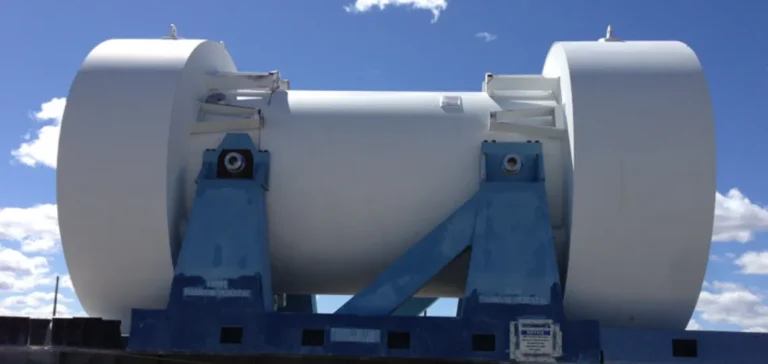SHINE Technologies LLC and Standard Nuclear announced a strategic partnership aimed at promoting domestic production of recycled nuclear fuel and strengthening U.S. energy independence. This partnership focuses on establishing a closed-loop nuclear recycling cycle to support the emerging industry of advanced nuclear reactors.
Recycling and supply of strategic materials
Under the terms of the agreement, SHINE Technologies LLC commits to supplying Standard Nuclear with recycled nuclear materials from the used fuel reprocessing facilities SHINE plans to build in the United States. Recycled materials will include uranium and plutonium, specifically intended for the production of TRISO (“Tristructural-Isotropic Fuel”) type nuclear fuel.
TRISO fuel is composed of uranium particles encased in protective layers of carbon and ceramic. Distinguished by its resistance to high temperatures and enhanced nuclear safety performance, TRISO is a critical component of many advanced reactor designs currently under development.
Production of strategic isotopes
SHINE Technologies LLC will also provide Standard Nuclear with heat-generating isotopes such as strontium-90 (Sr-90) and americium-241 (Am-241). These isotopes will be used in the manufacture of compact radioisotope power systems for various industrial and technological applications.
This partnership marks the first formal agreement SHINE Technologies LLC has concluded with a nuclear fuel manufacturer, allowing the company to extend its commercial reach into the advanced fuel sector. Both American companies aim to create a secure and sustainable supply chain for the nuclear sector by converting spent fuel into strategic energy resources.
Enhancing national energy security
The joint strategy aims to ensure U.S. energy independence by reducing reliance on imports of critical nuclear materials. By relying on recycling facilities located within the United States, the partnership seeks to secure a self-sufficient supply chain for fissile materials and specialized isotopes necessary for operating and developing advanced reactors.
This partnership occurs at a time when the U.S. nuclear sector is exploring new technologies to meet national energy demand, while also seeking to stabilize supplies and diversify nuclear fuel sources. According to the companies, this collaboration could serve as a model of strategic cooperation for the nuclear industry in the coming years.






















